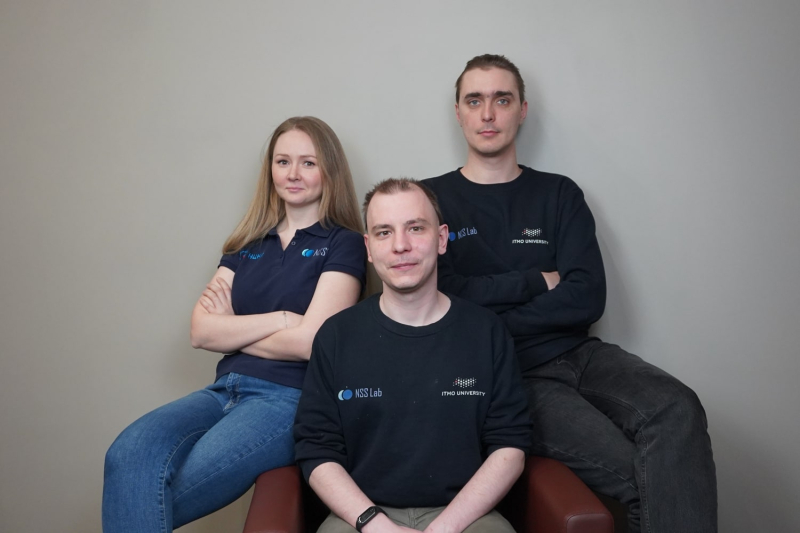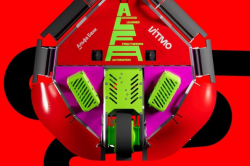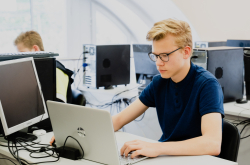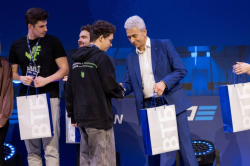The software is implemented within the ecosystem of FEDOT, GOLEM, EPDE, and BAMT – open-source tools designed to automatically create composite AI models based on evolutionary optimization methods. The tools are developed by ITMO’s Research Center “Strong AI in Industry” and have already been integrated into more than 20 scientific and technological projects.
For instance, the Arctic Science Center, Rosneft, Gazprom Neft, Center for Novel Technologies, and Poliinform apply these technologies to forecast various natural and technological processes, from predicting the dynamics of Arctic sea ice to detecting anomalies in pipeline magnetograms. The technology comes useful in research, as well; AI has made it possible to fine-tune the behavior of plasmatron arcs.
“At the contest, we demonstrated not the AI tools but rather a technology that integrates these tools into composite models. Unlike other developers of AutoML solutions, we relied on the heterogeneity of the model structure to achieve maximum flexibility. For this reason, our team includes specialists from various domains of AI: Anna Kalyuzhnaya specializes in probabilistic modeling and Alexander Khvatov – in modeling with differential equations. Another factor of this success is that our software is open-source; and it helped build our ITMO.OpenSource community,” shared Nikolay Nikitin, the team’s leader and a senior researcher at ITMO’s Laboratory for Composite AI.
To join the ITMO.OpenSource Telegram community, click here.
The competition was dedicated to the 300th anniversary of the RAS and is aimed at supporting students and young scientists who develop and implement innovative technologies and frontier research in high-priority sectors of the country’s economy: chemical engineering, pharmaceutics, electronics, energy, and digital technologies. The event was organized by the Sistema Charitable Foundation and the RAS with support from the Federal Service for Intellectual Property (Rospatent) and various Russian technology companies.
Authors of 16 projects from 9 regions of the country, out of a total of 347 projects submitted from 45 regions, became winners of the competition. Among the winners are experts in hydrogen energy, breast cancer therapy, and hybrid protective coatings.




